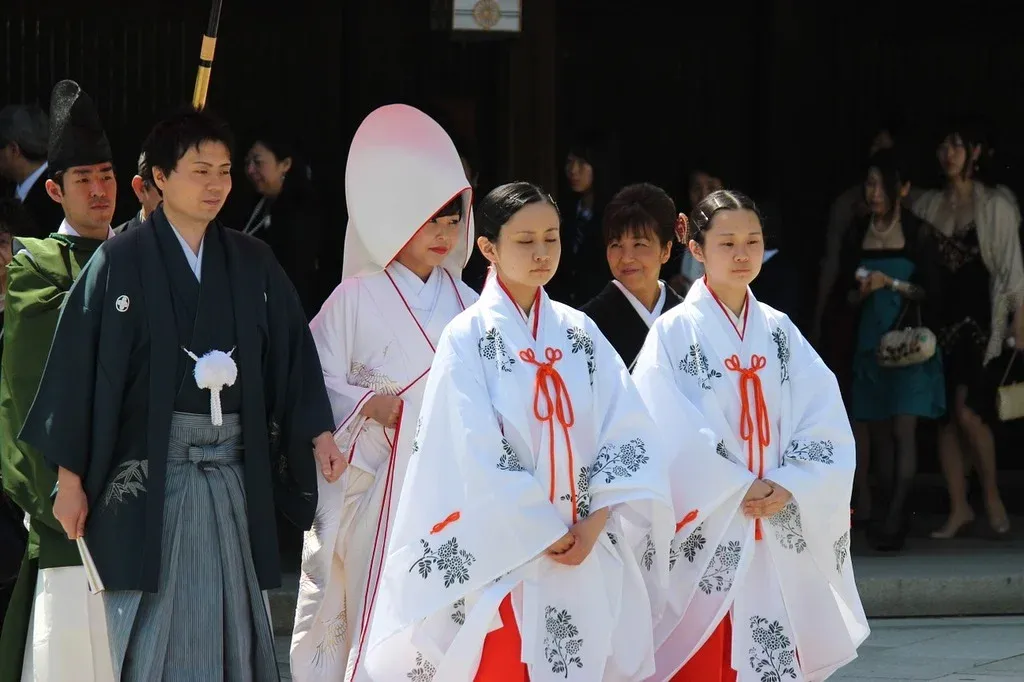Japan's Hidden Civil War: How Surnames Are Dividing a Nation
In a country known for harmony and consensus, Japan faces an unlikely battleground that's tearing families apart and challenging centuries of tradition. The fight isn't over territory or politics—it's over something as fundamental as what to call yourself. Japan remains the only developed nation where married couples are legally required to share the same surname, and this seemingly simple rule has ignited a cultural war that's reshaping Japanese society.
The Last Holdout
While most of the world moved toward gender equality in naming rights decades ago, Japan's Civil Code, unchanged since 1898, mandates that married couples must choose one surname. In practice, this means 96% of women take their husband's name, effectively erasing their pre-marriage identity from official records.
The consequences extend far beyond paperwork. Dr. Sayaka Osakabe, a prominent researcher, describes the professional chaos: "I published 50 research papers under my maiden name, built my entire career around it. When I married, I suddenly became a different person in the eyes of academia." Her story echoes thousands of others—women losing professional recognition, struggling to maintain business relationships, and facing bureaucratic nightmares when their legal and professional identities don't match.
The Stakes Keep Rising
This isn't merely a feminist issue—it's become an economic and social crisis. Japan's shrinking population and aging society desperately need women in the workforce, yet the surname requirement creates significant barriers. A 2023 government survey revealed that 42% of unmarried working women cite the surname change as a factor in delaying or avoiding marriage entirely.
The ripple effects are staggering. Companies lose valuable employees who choose career over marriage, families struggle with complex inheritance issues when women revert to maiden names after divorce, and children face confusion in households where mothers use different names professionally and personally.
Battle Lines Drawn
The conflict has created strange bedfellows and bitter divisions. Progressive politicians, business leaders, and young professionals champion reform, while conservative lawmakers, traditional families, and some feminist groups defend the current system for different reasons.
Prime Minister Fumio Kishida, despite previously supporting change, has retreated to a cautious stance, claiming the issue requires "careful consideration of public opinion." Meanwhile, the Liberal Democratic Party remains split, with younger members pushing for reform while senior politicians warn of "destroying Japanese family values."
The legal system has become another battlefield. Multiple Supreme Court challenges have failed, with judges consistently ruling that while the law may be outdated, changing it requires legislative action. However, dissenting opinions have grown stronger, with some justices calling the current system "unconstitutional discrimination."
International Pressure Mounts
Japan's isolation on this issue has drawn international scrutiny. The United Nations Committee on the Elimination of Discrimination Against Women has repeatedly criticized Japan, calling the surname law a violation of human rights. Business partners and international organizations increasingly question Japan's commitment to gender equality while maintaining such an archaic system.
The irony isn't lost on observers: Japan, a nation that prides itself on innovation and global leadership, lags behind countries it once occupied during World War II. South Korea abolished its similar law in 2005, while China never required shared surnames.
The Generational Divide
Perhaps most telling is the stark generational split. Polling data shows 70% of people under 40 support allowing separate surnames, while 60% of those over 60 oppose change. This divide reflects broader tensions in Japanese society between preserving tradition and embracing modernity.
Young couples increasingly choose civil unions or delay marriage indefinitely, creating what demographers call a "marriage strike." Birth rates continue plummeting, and the government's efforts to encourage marriage and childbearing face the contradiction of maintaining policies that discourage both.
A Nation at a Crossroads
Japan's surname wars reveal deeper questions about identity, tradition, and progress in the 21st century. As other nations move toward greater individual choice and gender equality, Japan finds itself defending a system that fewer of its own citizens support.
The resolution of this conflict will likely determine more than naming conventions—it will signal whether Japan can adapt its cherished traditions to modern realities or remain trapped by the weight of its own history. For a nation facing demographic collapse and seeking to remain globally competitive, the answer may determine its future survival.
The civil war over surnames continues, fought not with weapons but with legal briefs, family arguments, and individual choices that collectively reshape a nation's destiny.
